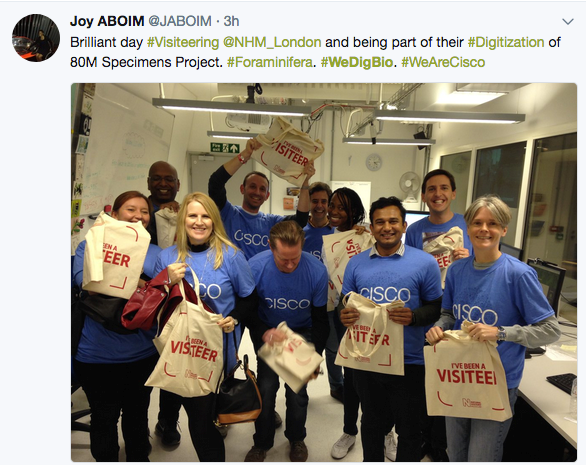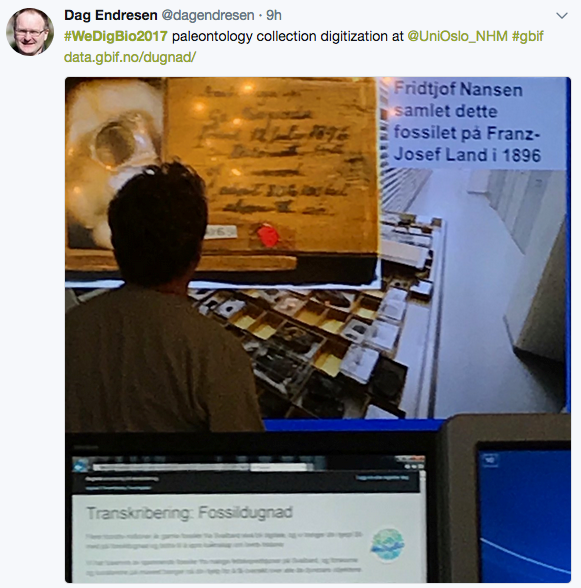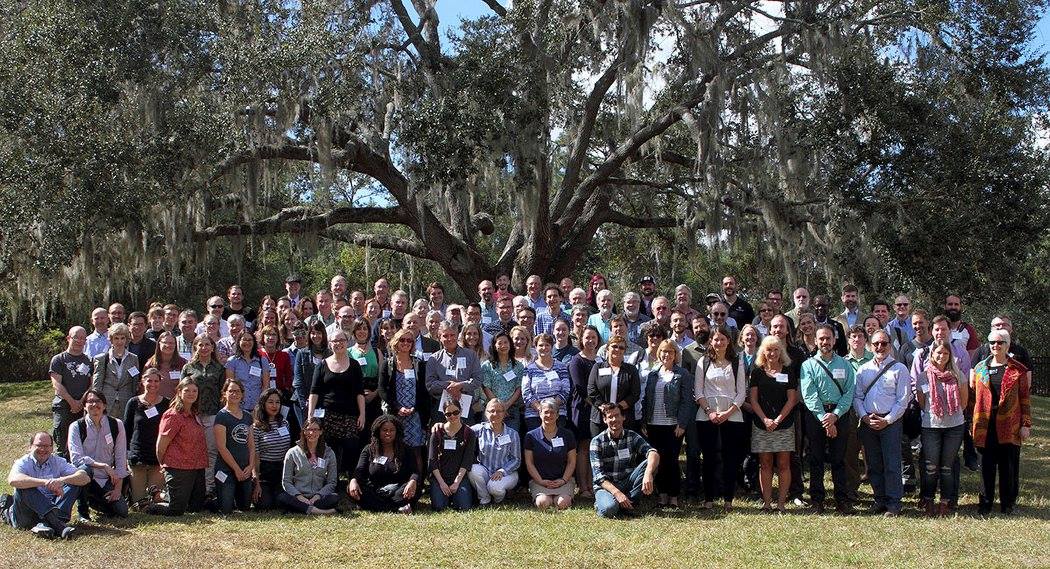On behalf of the network of national Participants, the GBIF Secretariat is pleased to invite nominations for the 2018 Young Researchers Award. This annual programme aims to foster innovative research and discovery in biodiversity informatics by graduate students whose master’s and doctoral studies rely on GBIF-mediated data.
The 2018 programme will provide €5,000 prizes recognizing the work of two graduate students—preferably, one master’s and one PhD candidate—nominated by GBIF Participant countries.
Award recipients will be selected from the pool of nominees whose names are received by the GBIF Secretariat by 15 June 2018. The winners will be announced just prior to the 25th GBIF Governing Board meeting, to be held in Kilkenny, Ireland, in October 2018.
Eligibility
Candidates must be enrolled in a university graduate programme to be eligible for the award. Candidates must be either citizens of a country participating in GBIF or students at an institution located in a GBIF participant country. Nomination can come either from the country of citizenship or from the country of the candidate’s host institution.
Submission process and deadlines
Students seeking nomination must apply to the Head of Delegation of a GBIF Voting or Associate Participant country (see the complete list). National participants are responsible for establishing their own deadlines and processes for receiving and processing student applications. As a result, graduate students who seek nomination should consult the websites of their national GBIF Participants or contact the Head of Delegation or node manager directly.
Student proposals are first reviewed and prioritized at the national level. GBIF national nodes are encouraged to work closely with the academic communities and higher education institutions in their countries and to reach out to relevant university programmes and research groups.
National Heads of Delegation may submit a maximum of two nominees to the GBIF Secretariat to youngresearchersaward@GBIF.org by the deadline for submissions: 15 June 2018. Heads of Delegations must ensure that submissions are complete and include all the elements listed below. Submissions of incomplete proposals will not be considered.
Award nomination packet
Candidates should prepare their proposal and nomination packets to include:
- Research summary (200 words)
-
Project description (maximum 5 pages, 12-point Arial) that describes
a. The need for the research and the question(s) it addresses.
b. The role of data accessed through GBIF in addressing these questions. Research proposals must clearly demonstrate how the study incorporates data mobilized through GBIF. Students with questions about GBIF-enabled data should work with academic advisors, their GBIF national node, the GBIF Secretariat or members of the Science Committee to increase their understanding.
c. The research scope, plan, methodologies, relevant literature citations and timetable.
d. If relevant, a description or an excerpt from a data management plan that outlines how data related to the research is published or will be prepared for publication through the GBIF network to GBIF.org. - Budget (1 page), itemized and justified. NOTE: budgetary items are restricted to academic fees, essential equipment, supplies (e.g. hardware, software) and travel; salary support is not permitted.
- Curriculum vitae of the student applicant including full contact information at the home institution.
-
Supporting documents
a. An official letter from the student’s faculty mentor/supervisor certifying that the applicant is a student in good standing in the graduate programme of the university.
b. At least one, and no more than three, letters of support from established researchers active in a field that encompasses and incorporates biodiversity informatics (e.g., genetics, species composition and traits, biogeography, ecology, systematics, et al.)
Selection process and criteria
The GBIF Science Committee will review the nominations and select winners of the Young Researchers Awards in September 2018. Awardees will be announced at GBIF’s 25th Governing Board meeting in Ireland the following month.
The criteria for the awards include:
- Originality and innovation
- Use of and strategic significance for data accessed through GBIF
- Measurable effectiveness and impact in advancing biodiversity informatics and/or the conservation of biological diversity
Proposals that are not selected may be updated and resubmitted for consideration in subsequent years.
Awardees are expected to acknowledge GBIF support when disseminate research results via peer-reviewed publications, presentations at professional meetings, and other media.











